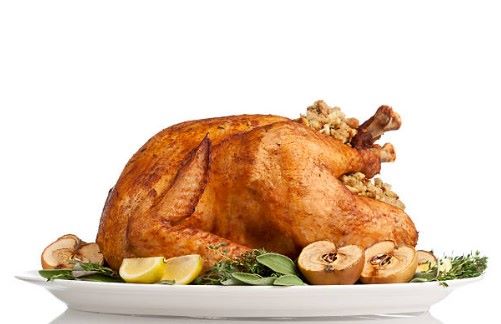

Dogs can safely consume turkey, as it provides numerous health benefits. Turkey leg meat, in particular, contains high levels of taurine, which is essential for maintaining optimal cardiac and eye health in dogs.
Turkey meat is a lean source of protein, phosphorus, and riboflavin, making it a nutritious addition to a dog’s diet. It also contains iron, niacin, potassium, selenium, and zinc. Additionally, turkey can serve as an alternative protein source for dogs with allergies to other meats.
Raw turkey meat can put dogs at risk of salmonella and other harmful bacteria. While most dogs are resistant to salmonella, those with weakened immune systems or digestive issues may be more susceptible. Cooked turkey bones are also a hazard, as they can break and splinter easily.
When feeding your dog turkey, it is important to source it from a reliable supplier and opt for free-range or organic turkey when possible. To prevent salmonella infection, practice proper food safety when preparing poultry, including thorough cooking without seasoning. Always remove bones from cooked turkey before serving to your dog.
Turkey, also known as a Thanksgiving staple, is a safe food for dogs to consume. It is a lean source of protein, and specific turkey leg meat can provide high levels of taurine, which is crucial to maintaining heart and eye health in dogs. Turkey can also serve as an alternative protein source for dogs with allergies. However, raw turkey meat can put dogs at risk of salmonella and cooked turkey bones can break and splinter, causing harm. It is essential to practice proper food safety when preparing turkey for your dog and always remove bones before serving. Sourcing from a reliable supplier and opting for free-range or organic turkey is recommended. Have you tried feeding your dog turkey? How did they react? As a friendly reminder, always double-check with your veterinarian before making any changes to your dog's diet.